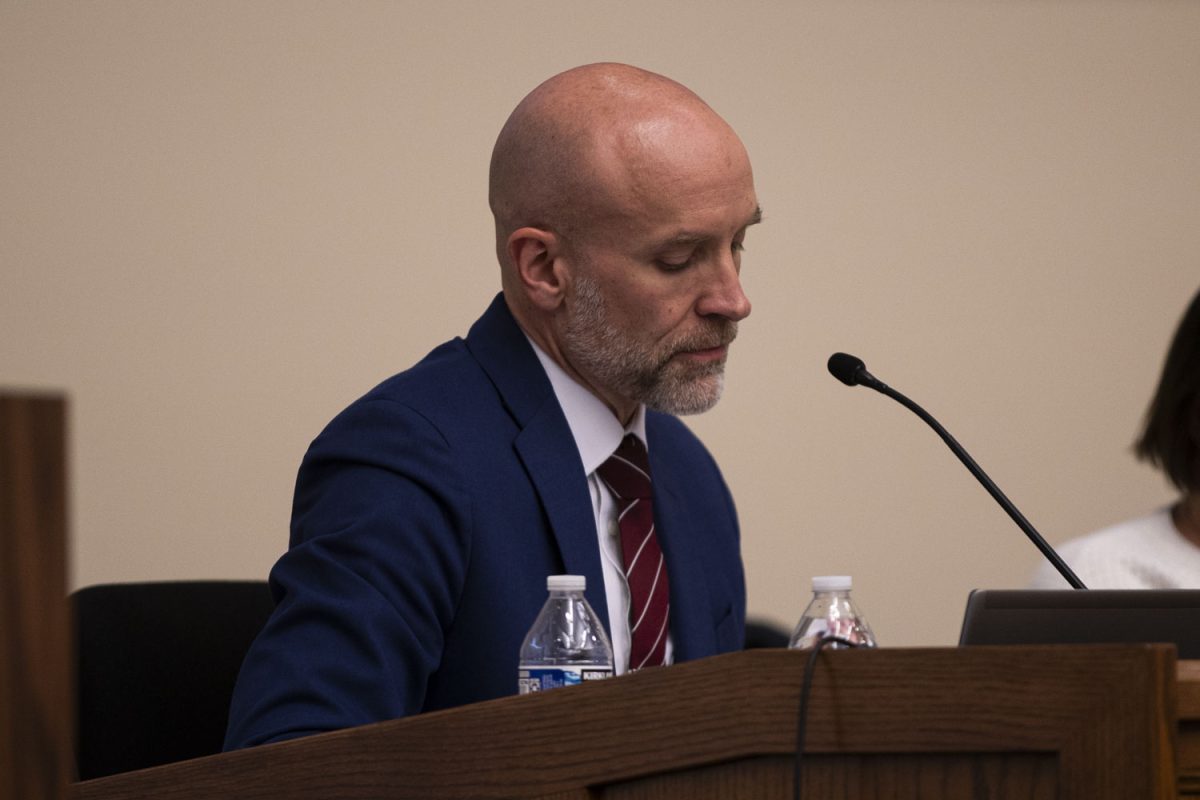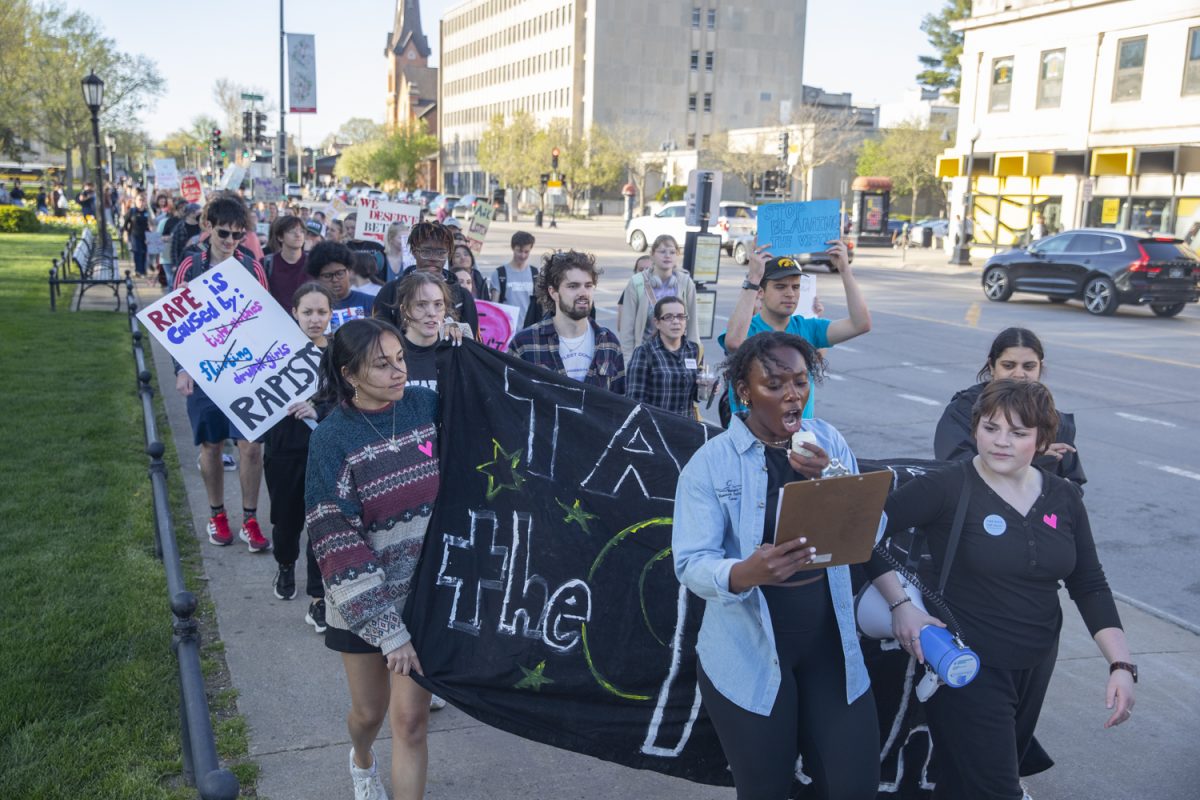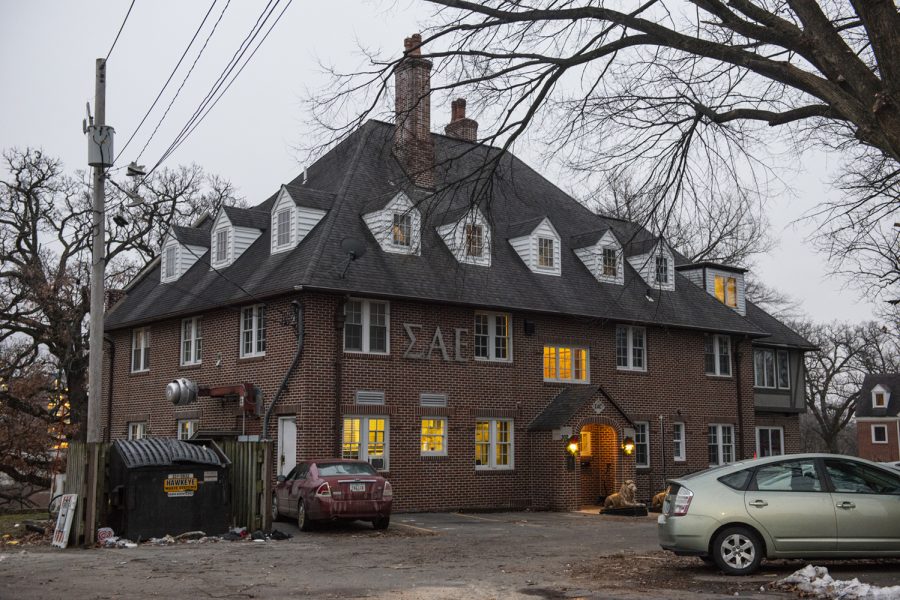On the forefront of a joint meeting between the Iowa City City Council and the Johnson County Board of Supervisors was the local-option sales tax — a topic there was little agreement upon.
Despite the tax failing in the last election, some officials said the ballot measure needs to come back sooner rather than later.
“My personal opinion is the sooner the better,” Mayor Pro Tem Susan Mims said. “If it’s in front of people when they have already heard about it [it’s better].”
Mims was the Iowa City spokeswoman for the YES for Johnson County Sales Tax Vote group, and she said bringing it back with voters is necessary due to the need for tax revenue in Iowa City.
The tax failed 54-46 in the contiguous cities — Iowa City, Coralville, University Heights, North Liberty, and Tiffin — in the Nov. 4 election.
The tax would have increased the sales tax by 1 cent per dollar, and 50 percent of the money would have gone to road maintenance, 40 percent to property tax relief, and 10 percent to affordable housing. The total estimated tax for Iowa City would have been between $9 million and $14 million.
Supervisor Rod Sullivan, who did not support the tax measure, said it might be hard to pass the year after it fails, but there are no rules against putting it back on the ballot.
Further communication between Iowa City and the rural towns of Johnson County, he said, would create a better atmosphere where maybe more clear support can come.
“I just think everybody will be better served if we’re on the front end,” he said. “The last time, for example, the city hadn’t given a lot of thought to the other municipalities.”
Part of the discussion at the meeting was maybe changing some of the language and where money goes, and putting more into affordable housing.
The discussion turned into a debate, when Supervisor-elect Mike Carberry noted that he thinks the tax is regressive.
“You don’t need a poll to figure out that it is a tax on the poor when you’re giving 50 percent to the rich,” Supervisor Janelle Rettig said.
Councilor Kingsley Botchway II said the tax in definition is regressive, but he thought people were happy with the allotment of money the tax would have provided.






